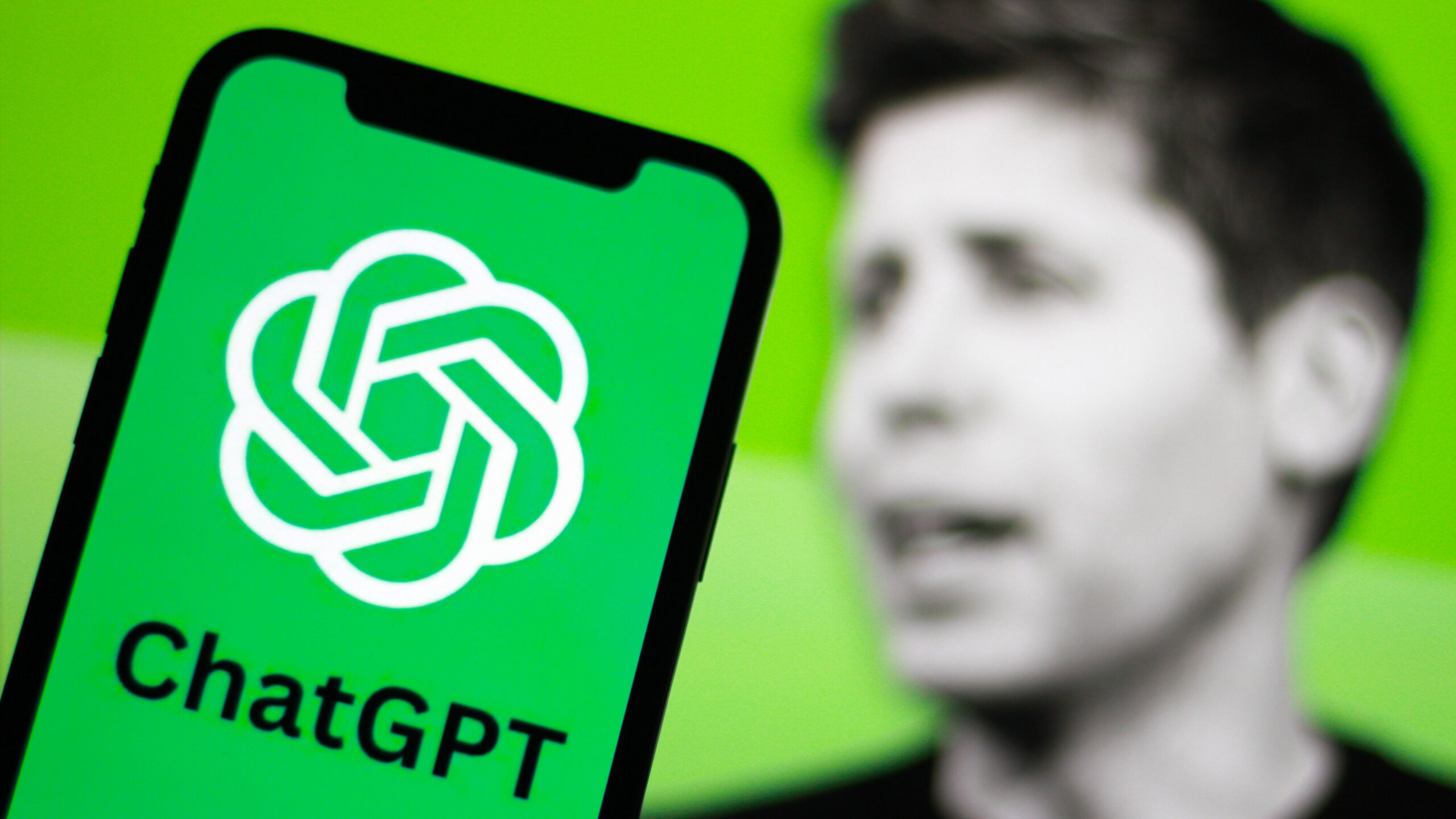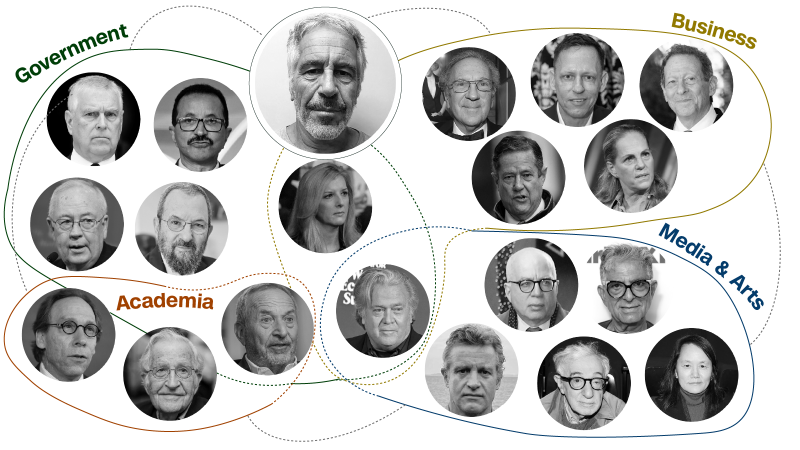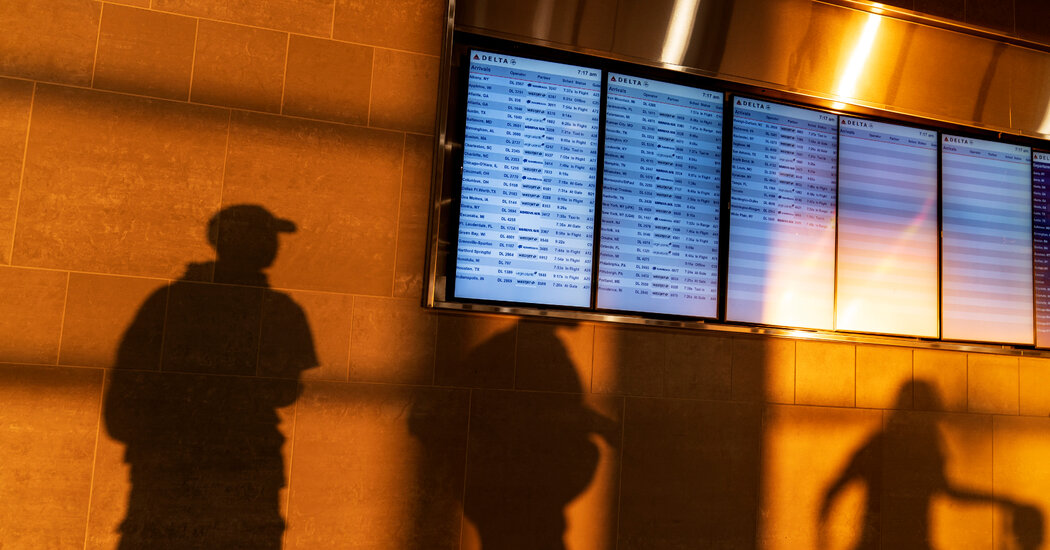OpenAI Enhances Security Amidst Foreign Espionage Concerns

OpenAI, the renowned creator of ChatGPT, is reportedly intensifying its security measures in response to potential threats of corporate espionage. This development comes amidst rumors that foreign companies, particularly Chinese startup DeepSeek, are seeking to replicate OpenAI’s cutting-edge technology.
The move follows DeepSeek’s announcement of a competing AI model, which allegedly utilizes a technique known as distillation. This method involves transferring knowledge from a large, complex ‘teacher’ model to a smaller ‘student’ model, thus creating a more efficient version with enhanced inferencing speed. OpenAI has reportedly disrupted at least ten malicious AI campaigns this year, underscoring the growing challenges it faces in safeguarding its innovations.
Heightened Security Measures
In a bid to fortify its defenses, OpenAI has implemented new policies that limit employee access to sensitive projects and discussions. According to a report by TechCrunch, these measures are reminiscent of the protocols used during the development of the o1 model, where only pre-approved staff could engage in discussions about the project in shared office spaces.
Additionally, OpenAI is taking steps to protect its proprietary technologies by storing them on offline systems, thereby minimizing the risk of unauthorized access. Physical security has also been enhanced, with offices now requiring fingerprint scans for entry. Furthermore, the company has adopted stringent network policies that operate on a deny-by-default basis, necessitating additional approval for external connections.
Strategic Partnerships and National Security Concerns
The security enhancements coincide with OpenAI’s recent agreement with the US government, a collaboration that could significantly influence the future trajectory of artificial intelligence. This partnership is seen as a strategic move to bolster national security, especially in light of concerns expressed by the US Congress regarding DeepSeek’s potential threat to privacy and security.
“DeepSeek is a profound threat to national security and privacy,” stated a congressional representative, emphasizing the gravity of the situation.
Investing in Cybersecurity Research
OpenAI’s commitment to security extends beyond immediate protective measures. The company has allocated resources to its Cybersecurity Grant Program, which has supported 28 research initiatives. These projects explore various aspects of AI security, including prompt injection, secure code generation, and autonomous cybersecurity defenses. OpenAI acknowledges the dual-edged nature of AI, which, while democratizing access to advanced technologies, also risks empowering cyber attackers.
“AI has the power to democratize cyberattackers’ access to more sophisticated technologies,” OpenAI stated, highlighting the importance of proactive security measures.
Looking Ahead
As OpenAI continues to navigate the complexities of AI innovation, its enhanced security protocols serve as a testament to its commitment to protecting its intellectual property and ensuring the safe advancement of AI technologies. The company’s efforts to strengthen both its cyber and physical security infrastructure are crucial steps in maintaining its position at the forefront of AI development.
Meanwhile, the tech community awaits further clarification from OpenAI regarding these reports. TechRadar Pro has reached out to the company for additional context, but no response has been received as of yet.
In the evolving landscape of artificial intelligence, OpenAI’s proactive approach to security may set a precedent for other tech giants, highlighting the importance of safeguarding innovations against an increasingly sophisticated array of threats.





